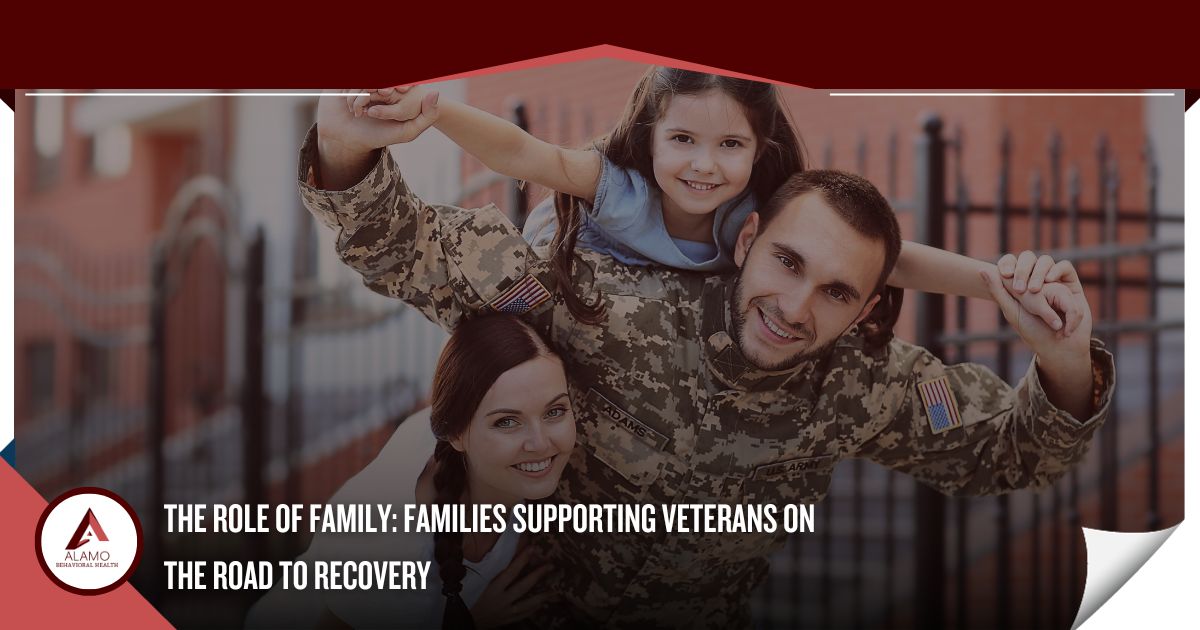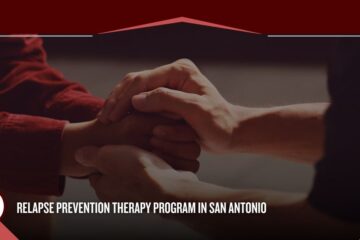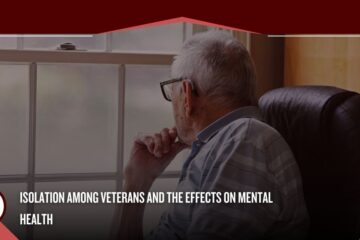 Military veterans have sacrificed their time, energy, and safety to protect our nation’s freedoms. After completing their service to the country, many veterans return home carrying physical and emotional wounds that can profoundly affect their ability to lead healthy, fulfilling lives. Veterans often face unique challenges in life after military service, including mental health conditions, unemployment, and higher rates of substance abuse.
Military veterans have sacrificed their time, energy, and safety to protect our nation’s freedoms. After completing their service to the country, many veterans return home carrying physical and emotional wounds that can profoundly affect their ability to lead healthy, fulfilling lives. Veterans often face unique challenges in life after military service, including mental health conditions, unemployment, and higher rates of substance abuse.
Substance abuse is a treatable condition. Veterans with substance use disorders can get specialized treatment to identify and address the complex roots of their substance use and develop new routines that support lifelong sobriety.
Recovering from addiction takes commitment and dedication–and a lot of support. Support during recovery can come from many places, but research has shown family support is especially valuable.
If you love a veteran in recovery, keep reading to discover how to support them on their journey. Reach out to the team at Alamo Behavioral Health now to learn more about our veteran’s addiction treatment programs or to schedule an intake assessment.
How Can Families Support a Veteran in Recovery?
Family members’ support can be exceptionally valuable to a veteran in recovery. Here are practical things you can do to support a veteran you love as they navigate each stage of addiction recovery.
1. Participate in treatment
Many comprehensive addiction treatment programs offer family therapy when it is appropriate. Accept the offer if your loved one’s treatment team invites you to attend therapy sessions. Participate in therapy sessions during rehab and afterward. Family therapy allows entire family systems to learn about addiction and recovery, make plans, heal destructive patterns, and improve the family environment to make it more supportive of recovery.
2. Learn about addiction and recovery
Work with an addiction counselor or medical professional to learn more about addiction as a disease. Read books and information from reputable online sources and attend 12-step meetings. The more you understand about addiction, treatment, and recovery, the better able you’ll be to provide non-judgmental support for the addicted veteran in your life.
3. Visit
Take the time to visit your loved one during rehab if you can. Recovery can be rigorous and challenging; visits from supportive family and friends can help people stay motivated and committed to recovery. Visiting during rehab can also help you build a strong connection that will be easier to maintain when they finish treatment.
4. Keep in touch
If your loved one is far away or you are unable to visit them during rehab, find other ways to keep in touch and share your support. Send frequent emails or texts, schedule regular phone calls, or send cards, letters, or care packages.
5. Go to appointments
The earliest days of recovery can be physically and emotionally overwhelming. Newly sober people may appreciate a second set of eyes and ears at doctor’s appointments or other recovery-related activities. Offer to attend essential appointments to help your loved one record important information or help schedule further care.
6. Practical support
In a lot of cases, people who need addiction treatment have to be admitted into rehab quickly. They may not have time or the capacity to arrange child or pet care. They may also need practical help setting up appointments, navigating insurance plans, or coordinating transportation. By helping with these and other practical matters, you free up the time and energy your loved one needs to focus on their recovery.
Recovering from addiction is a lifelong process. Veterans in recovery require emotional and practical support for weeks, months, and even years. Take good care of yourself so that you can continue to offer steady support.
The Importance of Family Support and Involvement During Recovery
Family involvement in treatment and recovery can lead to better outcomes and supports lasting commitment to lifelong sobriety.
Some of the many benefits of family support during recovery include:
- Increasing motivation to complete a treatment program
- Less anger, guilt, and hopelessness across the family system
- Improved communication
- Identifying and healing destructive beliefs, roles, or patterns in the family system
- The family understands what to expect during treatment and recovery
The effects of substance use and addiction aren’t limited to the people living with these conditions. Addiction impacts every member of a family. Family support means that the addicted person feels they have partners in recovery and that the entire family system can heal and move forward together.
Find Addiction Treatment For Veterans
Veterans have unique struggles and challenges that can lead to higher rates of substance abuse and addiction. No one chooses to become addicted to drugs and alcohol–and no one would choose to keep living with it.
Many barriers can keep veterans from getting the care, treatment, and support they need to overcome an addiction. As a family member, you have an opportunity to help your loved one get the help they need to work toward a healthier, sober future.
Reach out to the specialists at Alamo Behavioral Health now to learn more about our veteran’s addiction treatment programs or to schedule an intake assessment.




